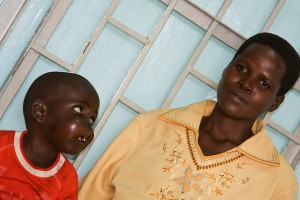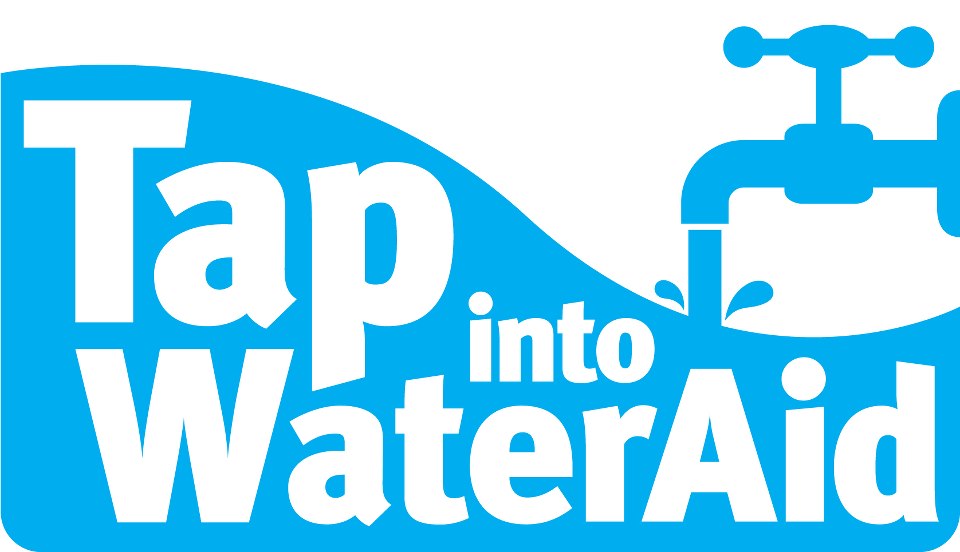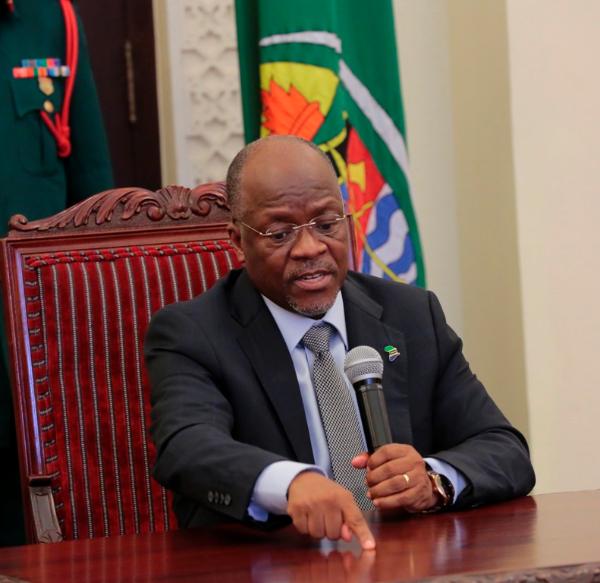Being one of the 24 countries with no radiotherapy machine with a limited access to medications, Malawi’s health care system has very little to offer to patients battling with Cancer.

“In Malawi if you’re diagnosed with Cancer, you die,” says Yohannie Mlombe, hematologist at Malawi’s College of Medicine in Blantyre.
The Ministry of health external follow budget allows public hospitals to request transfer of cases that cannot be treated in Malawi to the neighboring countries.
“These patients who are referred to other countries are benefiting a full package from the government to sponsors all the requirements for the external trip,” explains Chifundo Chogawana, chairperson at the Cancer association of Malawi.
Unfortunately, these demands have to be submitted to a committee and patients are most likely to end up on the government’s waiting list.
“All the patients I had put on the list eventually died,” explains Mlombe.
At 24 years old Peter Kaunyolo was one out of too many of Dr. Mlombe’s Cancer patient to be placed on the government’s external follow list for several months in hope to be treated for Acute Leukemia.
“In the past, patients who have benefited quickly from the external follow allocation are the ones who have been backed up by someone who is highly respected in Malawi like politicians. If you have no backing, you could be on the waiting list forever,” admits Thumba Mhango, Chief Administrator at QECH.
The now deceased young man lost his battle on March 10, 2012 after his family was asked by Queen Elizabeth’s Central Hospital (QECH) to contribute half of his 2.4 million Kwacha treatment fees in order to put in place an intensive care self-contained room, even though Malawi’s health care system is to be entirely funded by the government.
“Health system in Malawi is public and funded 100%. It is free on paper and everyone should get basic drugs but this health treatment is too expensive,” says Mlombe.
Even though Malawi’s Cancer association conducts various awareness campaigns they do not possess the necessary funding to proceed with a national data collection which means that most Cancer victims in Malawi are unaware of their health situation. But screening for Cancer is not priority since the country has no treatment to offer.
“If we screen and realize the patient has Cancer what can we do about it? People don’t know what’s happening but even if we catch them in an early phase we have nothing to offer,” concludes Mlombe.
According to him, approximately 2000 Malawians die every year from this disease but the Cancer association of Malawi was not able to confirm these numbers.
Many developing Cancers in Malawi are HIV related. It is the case for Kaposi’s sarcoma which is one of the four most common Cancers in the country.




